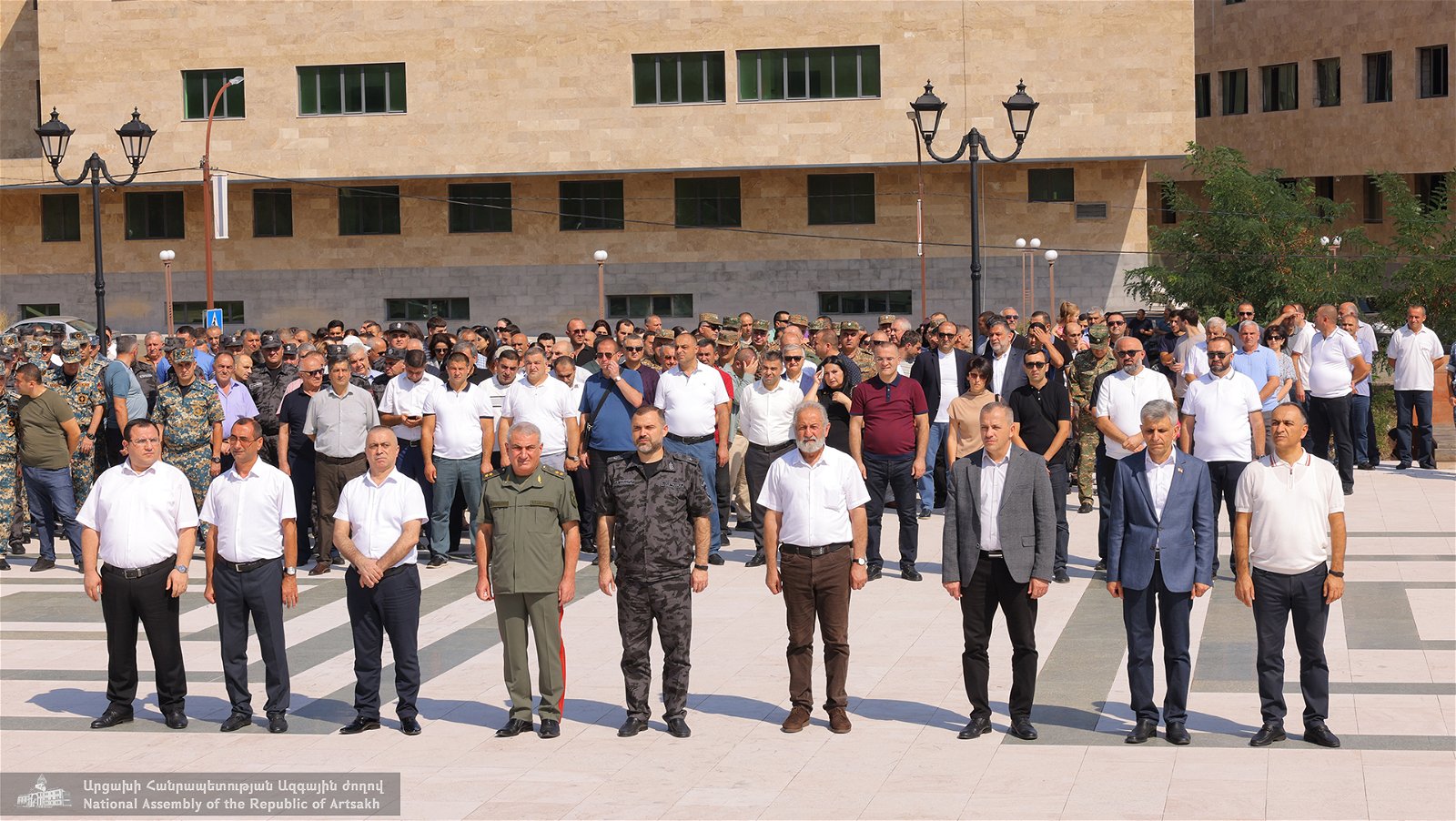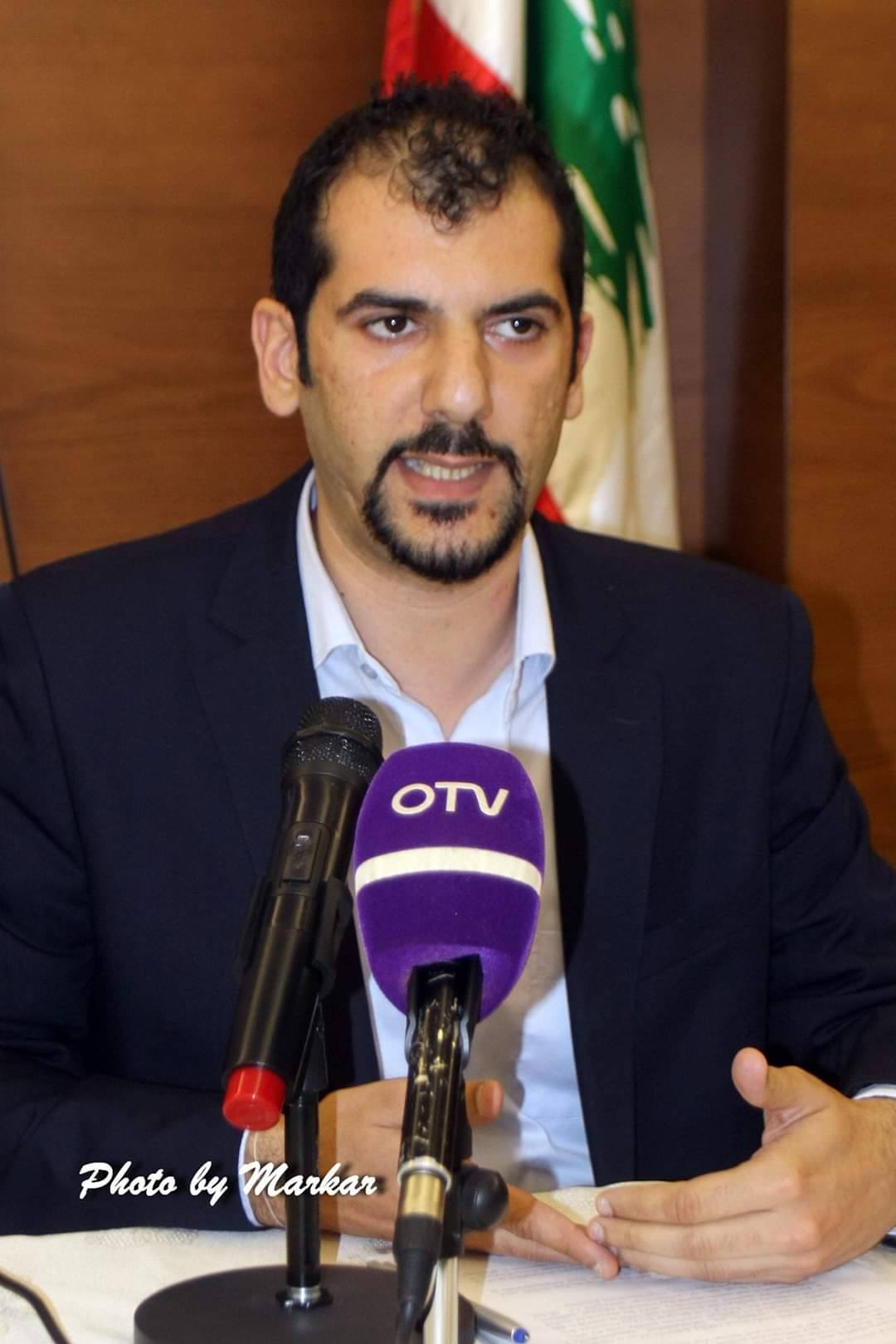
On September 28, 2023, Artsakh President Samvel Shahramanyan issued a decree announcing that, in the wake of Azerbaijan’s assault on Artsakh, the authorities of Artsakh agreed to dissolve their government by the end of the year and be fully integrated into Azerbaijan.
The decree aimed:
- To dissolve all state institutions and organizations under their departmental subordination until January 1, 2024, and the Republic of Nagorno-Karabakh (Artsakh) shall cease to exist.
- The population of Nagorno-Karabakh, including those outside the Republic, after the entry into force of this decree, shall familiarize themselves with the conditions of reintegration presented by the Republic of Azerbaijan in order to make an independent and individual decision on the possibility of staying in Nagorno-Karabakh.
This was perceived as the end of the Artsakh dream. However, this announcement came under the threat of force and ethnic cleansing, placing its legality in question. Moreover, most of the political and military leaders of Artsakh have been arrested by Azerbaijan, amid the passive stance of the Russian peacekeepers and the Armenian government.
What is to be done after the indigenous Armenians of Artsakh have been forcibly displaced from their ancestral homeland? Should we turn the page of the 2,000-year old history of Armenian civilization in Artsakh? Should the more than 100,000 refugees be integrated into Armenia and abandon their right of return? What will happen to the soldiers of the Artsakh Defense Army, the farmers, the students, the relatives of the deceased? Who will pay them monthly compensation—employees of the public sectors and key security institutions? The list of unanswered questions goes on. One thing is clear: abandoning the cause of Artsakh and its people is a crime against our nation, and a strategy is needed to cope with the situation and devise a wise and realistic solution.
To answer these questions, I have been reading the literature of the Polish government in exile (1939-1990), the Czechoslovak National Liberation Committee (1939-1945), the Free French (1940-1944), the Greek Cairo Government (1941-1944) during World War II and the Palestinian Liberation Organization (PLO, 1964-1982) in Lebanon, examples of governments in exile.
According to the Princeton University online dictionary, a government in exile is “a temporary government moved to or formed in a foreign land by exiles who hope to rule when their country is liberated.” A representative group might organize to govern outside of its territory as a government in exile, claiming to have the authority as its state’s legitimate government if there is a political or security threat, generally with the intention of returning to its native lands. Upon such a return, the government would then use either political or military means to regain control as the nation’s formal government. Examples from history include negotiations with the de facto authorities on the ground, such as between Israel and the PLO in 1993, or military victory, such as at the end of World War II when after the defeat of Nazi Germany and the end of its occupation many governments in exile returned to their original countries.
Historically, international law has recognized that governments in exile are permitted to undertake certain activities. These actions include:
- Becoming a party to a bilateral or international treaty;
- Amending or revising its own constitution;
- Maintaining military forces; [as this was the case with many governments in exile during WWII]
- Retaining diplomatic recognition by sovereign states;
- Issuing identity cards;
- Allowing the formation of new political parties;
- Instituting democratic reforms;
- Holding elections.
With the ethnic cleansing of Armenians of Artsakh and the dispersal of its population throughout Armenia, there needs to be an authority, such as a government in exile, to reorganize the population and lobby for its right of return to its ancestral homeland, with certain guarantees for their rights and security and the preservation of Armenian cultural and religious sites.
Establishing a government in exile for Artsakh is a necessity. It can be made up of an executive branch and parliament with its parliamentary committees and two bodies authorized under a single leadership or authority.
The socio-economic body should be based in Armenia. The body should work in coordination with its sister ministries in Armenia and address the socio-economic needs of the Artsakh Armenians regarding relocation, housing, health and employment. This body can also cooperate with the International Committee of the Red Cross (ICRC), U.N., EU or other international or regional humanitarian agencies.
The political body should be based outside of Armenia. It should have representative bodies in Europe, the U.S. and Russia, if allowed, and seek diplomatic recognition. The responsibility of this body would be to engage in lobbying, keep the cause of the right of return of Artsakh Armenians to their homeland alive, participate in conferences, attain certain representative status in international bodies and expose Azerbaijan’s crimes against the Armenians of Artsakh.
If the political body was based in Armenia, Azerbaijan and Turkey would impose political and military pressure on Yerevan, triggering another unnecessary war. Azerbaijan in recent years established a government in exile representative community of “Western Azerbaijan” in Ankara and may put the right of return of both people on the same level (although Azerbaijanis who lived in Armenia before 1988 were not deported or ethnically cleansed, despite the false post-2020 war narrative disseminated by Azerbaijani officials). Having such a body in Europe, the United States or Russia is also problematic, as both sides will use the Artsakh cause as a proxy to push their own interests against the other. Hence, the best scenario would be a neutral zone close to the region. Lebanon can be one option where the political representatives can easily communicate with diplomats from all sides and cooperate with Armenian Diaspora institutions. When it comes to the military, the Defense Ministries of Armenia and Artsakh would decide whether the latter will be integrated into the former or turned into a kind of police force, if certain security guarantees are met for the safe return of Armenians to Artsakh.
The realization of this initiative depends on the will of the Armenian national leaders and, most importantly, the leaders of Artsakh. The representatives of Artsakh have a huge responsibility on their shoulders to take courageous and risky steps to keep the light of the Artsakh cause alive, despite the geopolitical odds against them. We as a nation cannot repeat the tragic loss of Western Armenia and have another genocide remembrance day on our calendar. Armenians must wake up and, instead of engaging in internal accusations, form a clear strategy for the future of Artsakh, while Armenia faces an existential crisis due to Azerbaijan’s limitless territorial ambitions. The geopolitical tides may change in the future, and Armenians must be ready to adapt to the changes.



Good analysis as always! A compelling legal argument that I have read from Yerevan is that the Republic of Artsakh, under the Soviet constitution, had an equal right to secession with the Republic of Azerbaijan. In my eyes and mind, that makes Azerbaijan 100% guilty under international law for aggression against another state, and the argument that Nagorno Karabagh is ‘separatist'(i.e from Azerbaijan) thereby crumbles and disintegrates.
“The geopolitical tides may change in the future, and Armenians must be ready to adapt to the changes. ” I agree that Armenians must play the long game just as Aliyev did. While today Armenian are up against strong autocratic rulers in Azerbaijan and Turkey, that is also their Achilles heel (lack of succession and orderly turnover of government) , and Armenians must be ready to take advantage of that situation. In the meantime Armenians have a lot to keep themselves busy a) build an economy with a GDP greater than $100 Bn in the next 10 years, b) build a defense force with the best equipment(preferably manufactured in Armenia), morale and leadership, c) increase the population to 4 million in the next 10 years, d) revitalize the Diaspora through organization and connecting with Armenia. It is clear ( at least to me) that several assumptions and organizations that we have had during the past 30 years and even 100 years were plain wrong, and we need to come up with something better. While the loss of Artsakh is sobering, it is not irreversible if Armenians can become resourceful again.
We now have a new cause to add to our traditional cause of liberating and reclaiming Western Armenia, the Karabagh cause. Spent fruitless 100+ years on the traditional cause and now a brand new cause that we can spend another fruitless 100 years. Boy o boy!